Afghanistan to Alton: A refugee’s story of seeking asylum in the UK
In 1998, Mr Singh was kidnapped, tortured and ransomed for being a Sikh in Afghanistan. More than 20 years later, he’s found peace in a north Hampshire market town. He tells Mark Drummon his story
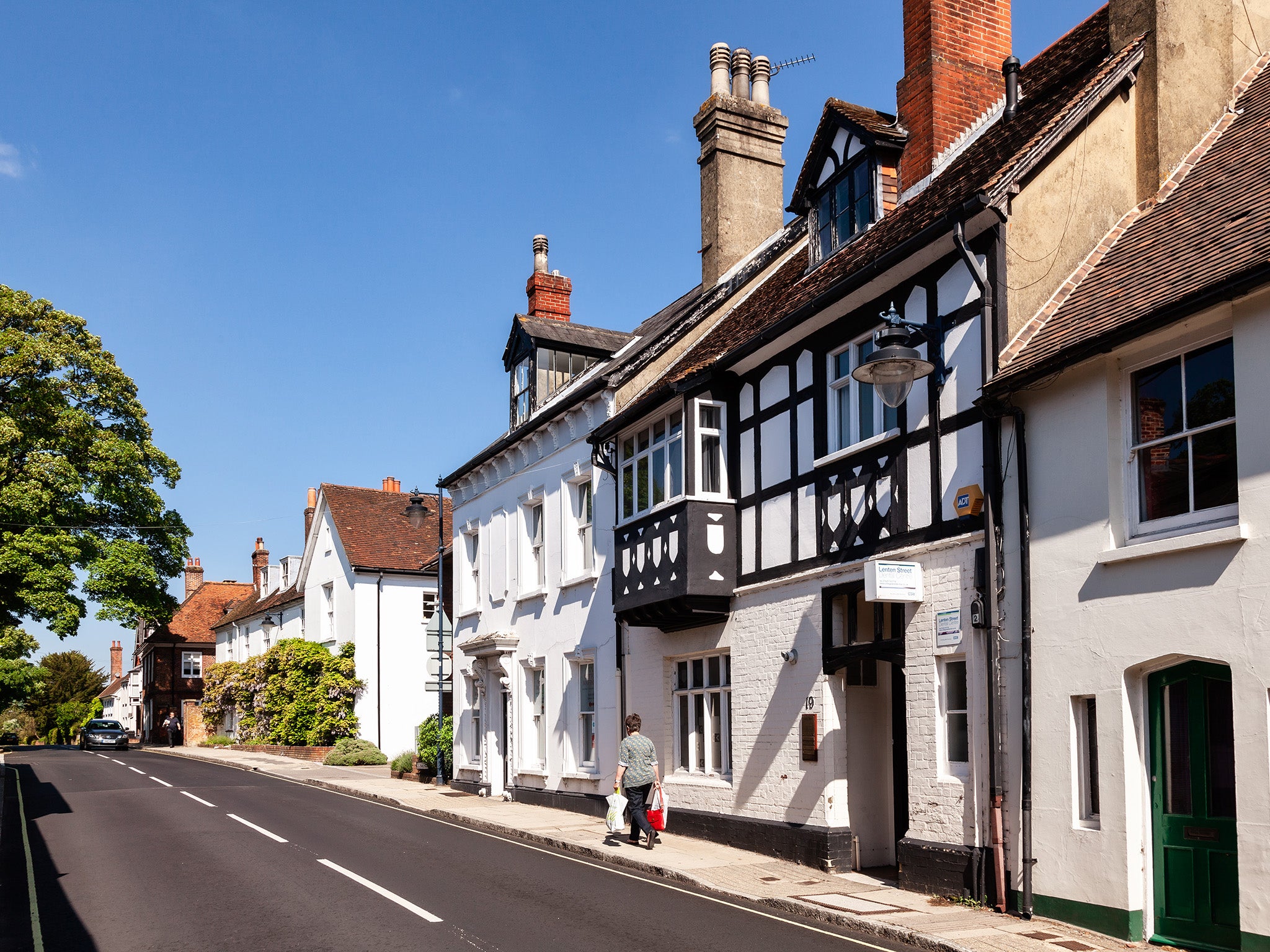
Mr Singh sleeps fitfully in a small room with no windows somewhere in Kabul or the surrounding countryside. The moment he awakes, a fearful question pops into his head. It is a thought that haunts him constantly during the month he is held captive. “All days, in my mind: now my killing?” he says. “In Afghanistan, death is not important; bullet is important.”
More than two decades later, Mr Singh’s life no longer involves kidnap, torture and ransom. Gone is the fear of being imminently murdered. In fact his routine in 2021 is blissfully mundane – pandemic excepted. Most days he can be found behind the counter of the discount store he runs in Alton, a sleepy market town in north Hampshire.
Mr Singh came to this country seeking asylum. He’s gone on to make a good life here. Talking to him has reminded me of something that I frequently lose sight of: that on the whole to be born in the UK, or in any liberal democracy, is to win the lottery of life. I take for granted the freedoms and protections we enjoy. The man behind the counter at the budget shop in Alton does not. Like many other refugees, he has endured hardship and faced danger in his country of origin. And like many other refugees, he has a story to tell. This is it.
The chain of events that brings Mr Singh to England begins in 1998 on a cold January night in Kabul. For many years he has been running a pharmacy in the Shash Darak neighbourhood of the Afghan capital. Operating hours are merely suggestions, and it is not unusual for his customers to turn up at his place late at night requesting prescription drugs. So when there’s a knock on his front door at nearly one in the morning, Mr Singh is not alarmed. “I’m thinking it’s a neighbour [in need of medication],” he says. As soon as he unlatches, four or five men barge in. “They told me, ‘You come with us’,” he says. “They closed [blindfolded] my eyes and tied my hands behind.” The men force him into a jeep, or something similar, and drive. “I think for one hour or less. Then they put me in a small room. They open [uncover] my eyes, but not my hands. They say, ‘Sleep, we talk tomorrow’.”
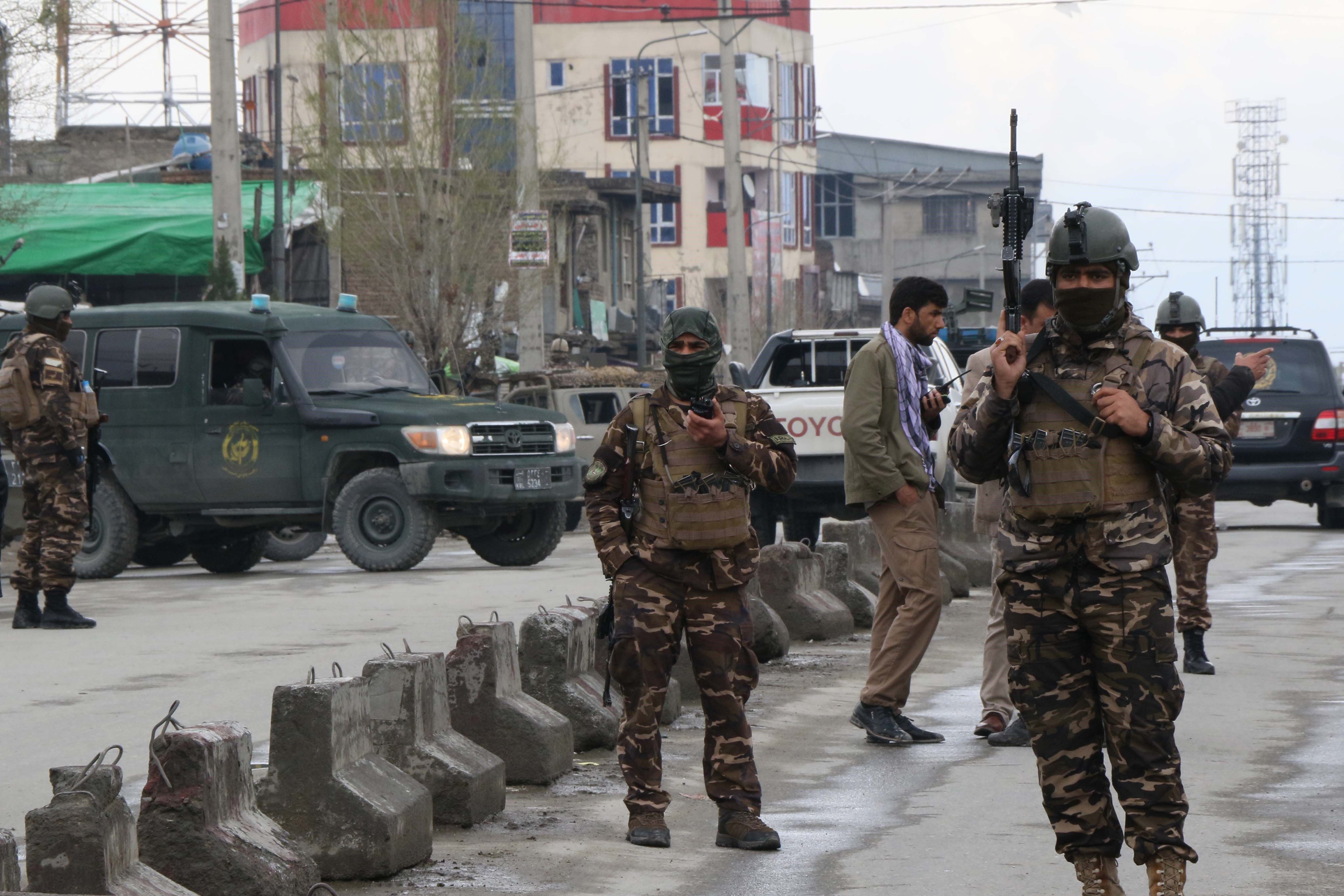
Mr Singh is a Sikh. The next day he is quizzed as to why he isn’t a Muslim. He is accused of changing his religion, and is instructed to change it back. “I told them I respect all religion, but I not change. My father was a Sikh. My grandfather was a Sikh.” For the first three days Mr Singh is given no food and only a little water, and is questioned repeatedly. Although he spends most of the day blindfolded and tied up, he soon realises he isn’t the only victim. “Not just me is kidnapped,” he says. “At nighttime, it’s coming noisy. I hear more people [arriving]. I hear voices.” What were they saying, I ask? “‘Why you take me?’ ‘Why you swearing at me?’ ‘It’s not my fault.’ People crying,” he says. “Same like me, crying.”
Soon, the kidnappers give Mr Singh an ultimatum: “Change your religion or you give us 1 million afghani.” In the following weeks, negotiations take place between the gangsters and Mr Singh’s family. Also during this period, Mr Singh is tortured.
The decline of Sikhism in Afghanistan continued in the 1990s, first under the mujahideen and then the Taliban, during which period the Sikh community felt increasingly in danger
Sikhs have coexisted with Muslims in the lands that now form Afghanistan for several hundred years. Guru Nanak, the founder of Sikhism, is said to have visited Kabul in the 15th century, with a small community being established some time later. The number of Sikhs living in the country swelled in the late 1940s and early 1950s as many fled religious persecution in the newly formed Pakistan, following the 1947 partition of the Punjab, the traditional homeland of Sikhism. Prior to the Soviet-Afghan War, the estimated Sikh population in Afghanistan was, according to a BBC Radio 4 report in September 2014, around 100,000 (various Reuters and Al Jazeera articles have suggested the number could have been as high as half a million, however there is little actual data available from that time so any figure is a very rough estimate). But during the war-ravaged 1980s that number began to fall, with many heading to India.
The decline of Sikhism in Afghanistan continued in the 1990s, first under the mujahideen and then the Taliban, during which period the Sikh community felt increasingly in danger. A particular source of tension was the Sikh custom of cremating the dead, something that is considered sacrilegious in Islam. Moreover, the Taliban made Sikhs and other non-Muslims wear yellow armbands. Ostensibly this was so that the religious police could easily identify minorities that were exempt from the strict Islamic code of conduct that the Taliban demanded from Muslim Afghans, but the practice also led to many Sikhs and Hindus being verbally abused and even attacked on the streets. Access to schools and certain jobs was denied to minorities during this period. An Al Jazeera article by Ruchi Kumar (”Solidarity for Sikhs after Afghanistan massacre”, 26 March 2020) puts the estimated number of Sikhs remaining in the nation today at a few hundred.
I’m talking to Mr Singh in his shop. It is a cavernous L-shaped space with rows stacked high with reasonably priced goods. We are both sitting on a pile of rugs and Persian carpets to the rear of the store. He slips off a shoe, whips off a sock and shows me a bare foot. “They pull,” he says, pointing to his toes. The nails appear to have grown back, but they aren’t a pretty sight. He pulls down his face covering and points to a scar on his cheek. “This one they use pliers.” Suddenly he is overcome with emotion, turning his face away from me as the memories of that experience 23 years ago come flooding back.
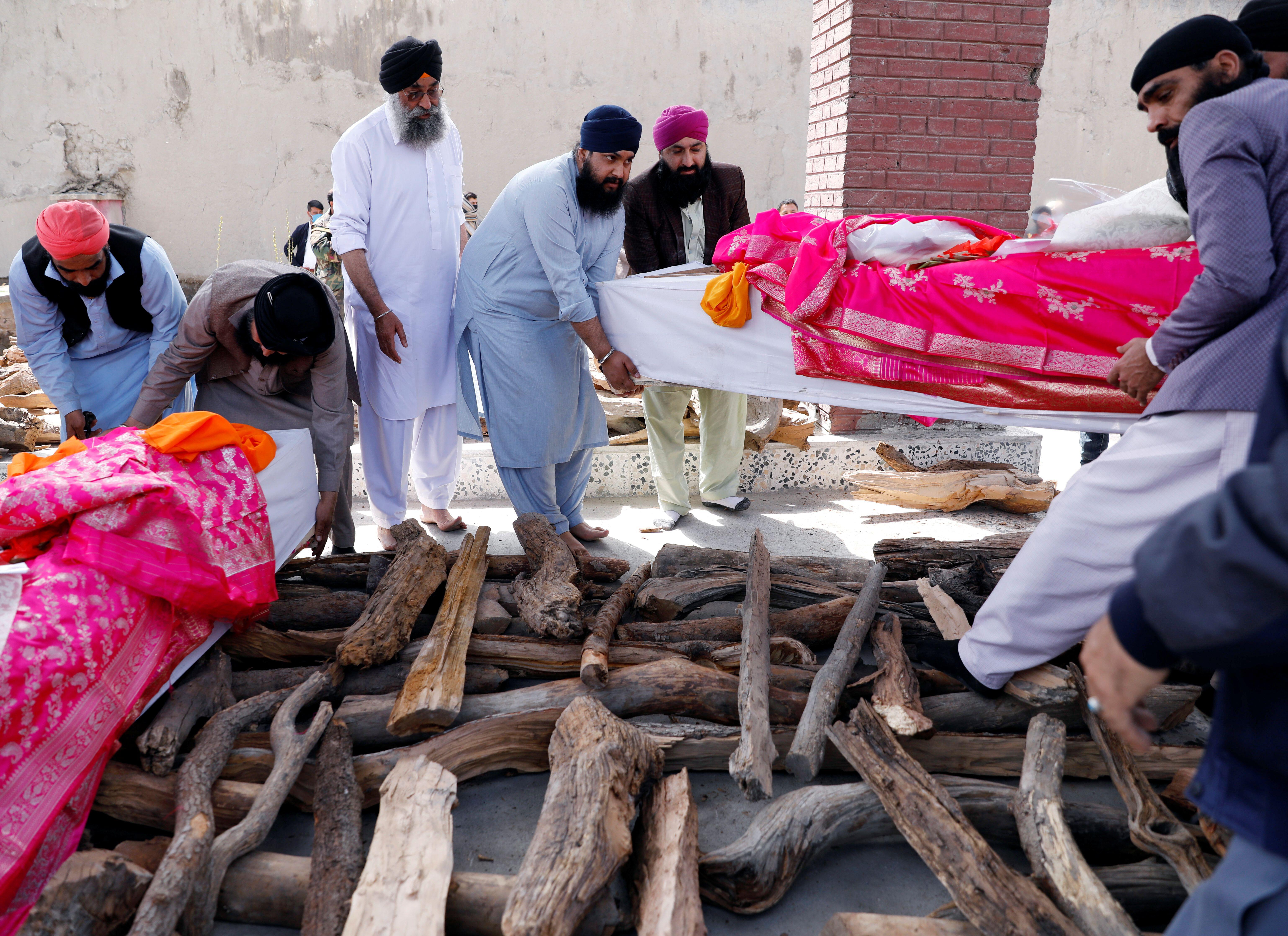
After a pause, I ask Mr Singh why he didn’t simply agree to change his religion. I suggest that if I had been in his place, I might have converted. I think he’s a little shocked by my fickleness. “For me, religion is very important,” he says. “I’m born in a Sikh family. I’m living in a Sikh family. I’ll die in a Sikh family. I cannot change.” In any case, what the bad guys really want is money, he informs me. Paying them is the best way to get out alive.
His family manage to raise the ransom and, after 29 days of captivity, Mr Singh is released. But the kidnappers tell him he must leave Afghanistan. He secures the services of someone who can get him and his family out of the country. “I pay the agent [a sum of money] for each person,” he says. He tells me the amount in US dollars, but immediately regrets doing so. He asks me not to print that information. Recollecting the experience has made him anxious. He seems to be regretting his candour. His family is six in number – he is married with four children – and he must pay a considerable sum. I ask him how he was able to pay the ransom and the agent’s fee. “I’m not poor, nor rich; the middle family,” he says. Did the agent deliver as promised? Mr Singh nods.
The journey begins at a provincial airport near the border with Iran. First there is a three-hour flight, to where he can’t or won’t say. Then there’s a longer six-hour flight, followed by a short one-hour flight, and lastly a 90-minute flight. His memory of the journey is sketchy. Either he doesn’t know which countries he travelled through, or he doesn’t want to tell me. In any case, the journey ends in London. “Waiting two nights in Heathrow,” he says. “Agent is gone. Some people from immigration come. They want to speak with me, but I speak no English [at that time]. They had Iranian translator on a phone.” Mr Singh’s main languages are Pashto and Punjabi, but he can speak some Persian too. He makes a claim for asylum, and he and his family are allowed to remain in the UK while his application is processed.
Other Afghan Sikhs have made similar journeys and have sought refuge in England, with many settling in the Southall district of London, home to the largest gurdwara (Sikh temple) outside India. The previous census a decade ago showed that the number of Afghan Sikhs in the UK trebled between 2001 and 2011, reaching 7,000, as reported by the BBC’s Melanie Abbott (”Why are Afghan Sikhs desperate to flee to the UK?”, 4 September 2014). The size of Britain’s wider Sikh community is perhaps an attraction. Only India, the US and Canada have Sikh communities larger than the UK’s, which the 2011 census put at over 432,000. (The 2021 census may soon give us a more up-to-date picture.)
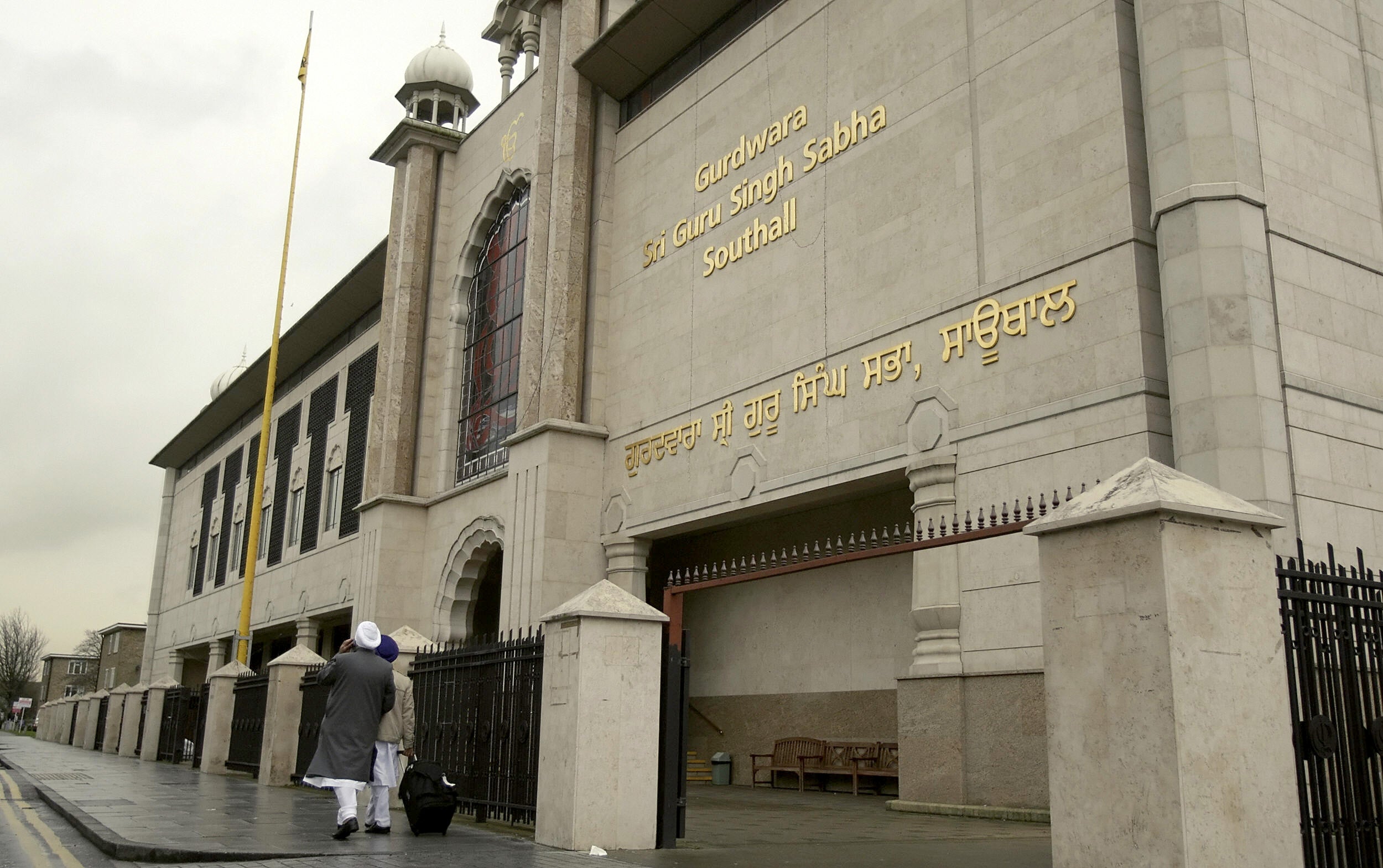
There are moments when Mr Singh’s story pours out of him like water from a tap. Then abruptly he turns the faucet and stops the flow, suddenly self-conscious, worried that he is revealing too much of himself … worried that there will be repercussions. He initially tells me his full name but then asks that I use only his middle name. He says it could be dangerous for him if I put this information in the media. I try to identify what it is he’s scared of, but the threat is vague and non-specific. I ask him if he thinks there are people in this country who would do him harm. He says something about travelling abroad, and some possible danger to him and his family, but I can’t understand exactly what he’s saying. His English is certainly not bad, but he’s swallowing his words now. I think his fears of repercussions are largely imaginary, but I agree not to publish his full name.
Clearly, there are old memories he’d rather not revisit but he seems to have found peace in the present
After three years in the UK, Mr Singh is granted asylum. Through a London-based cousin, he gets a job at a pizza restaurant in Wandsworth. He works there for seven years. Next, upon getting a British driving licence, he spends a couple of years as a minicab driver in the Kingston area. Then one day he receives a business tip. Someone he knows is working at the curry house in Alton, and that person tells Mr Singh about a vacant property on the high street. Mr Singh, with some savings under his belt, makes his move.
He opens a budget shop selling everything from stationery to tools, cleaning products to luggage. After five years, that premises is taken over by Savers, a discount pharmacy franchise, so Mr Singh moves across the road to where he is now. That was three years ago. His current shop is bigger, and sees a good trade. “You’ve done well for yourself,” I say. He nods modestly. He is most proud of the lives his children have made for themselves. Both his daughters have families now. Before they became mothers, one was a nurse and the other worked in tourism. His youngest son, who was just four years old when the family fled Afghanistan, is now a lawyer. The elder son operates a mobile store in Dorking. All live in Kingston, from where Mr Singh commutes daily to Alton.
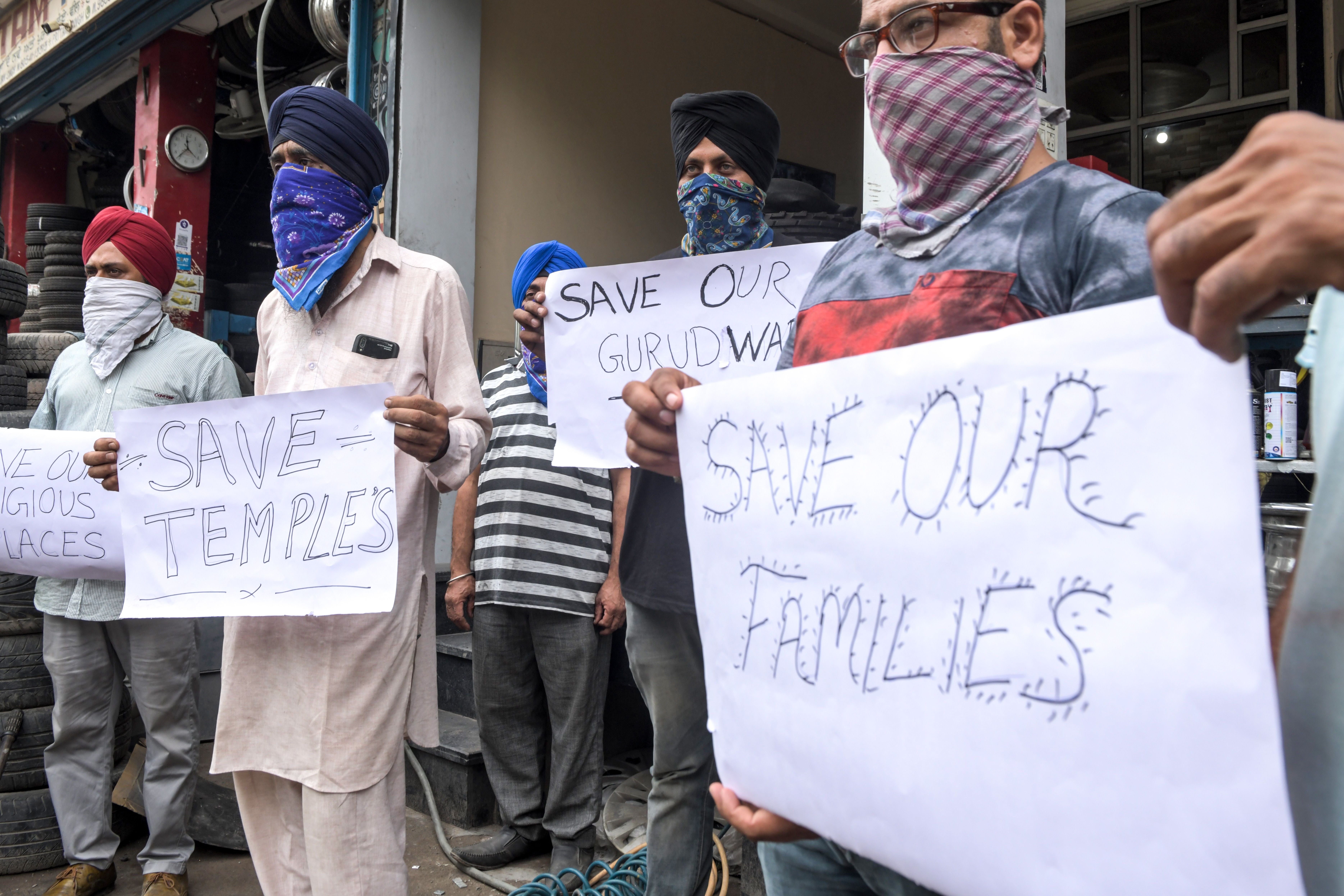
No family members remain in Afghanistan. Most are in the UK, although his two brothers ended up elsewhere. The eldest is in Moscow, the other in Belgium. Mr Singh tells me of an incident involving his eldest sibling’s family that took place in the late 1980s. “I lost brother’s daughter because rocket is coming my brother’s home [in Kabul’s Karte Parwan district],” he says. Mr Singh’s niece was 18 years old at the time and engaged to be married. “My brother’s son, two is gone,” he says, pointing to his legs. That nephew, then 20, now has prosthetic limbs and lives out his middle age in Southall. Mr Singh says the missile was launched by the mujahideen, and that attacks on the capital were a regular occurrence. “Everyday come 10, 15 missiles,” he says. “All the family is out [of the country] now,” he adds, with a sense of relief. I ask him if he’s ever been back to Afghanistan. He shakes his head firmly. “Everyday not going up [not getting better], going down,” he says. “Even more dangerous today.”
I pause for a second, reflecting on everything that Mr Singh has told me. “It’s an incredible story,” I say. “Is it all true?” Mr Singh is understandably a little offended. “True,” he says, with hurt eyes blinking at me above his face covering. He tells me such accounts are not uncommon within the Sikh and Hindu communities in Afghanistan. Many were kidnapped and held for ransom in the 1990s, he adds. I look at him across the stack of rugs we’re sat on. He is 63 years old, of average height and quite slim. Unlike many men of his faith, he doesn’t wear a turban, so I can see he still has a good head of hair that is, either naturally or artificially, jet black. He looks younger than he is, yet there are dark patches around his eyes and a haggardness to his countenance that perhaps point to past trauma. A couple of times he has had to turn his face away from me to hide a rush of emotions that could not be covered up by the pale blue surgical mask he’s wearing. Clearly, there are old memories he’d rather not revisit but he seems to have found peace in the present. “When I first came to the UK, a GP doctor gave me tablets [for anxiety and insomnia],” he says. “Now I’m not taking medicine. I’m happy here.”
Join our commenting forum
Join thought-provoking conversations, follow other Independent readers and see their replies
Comments